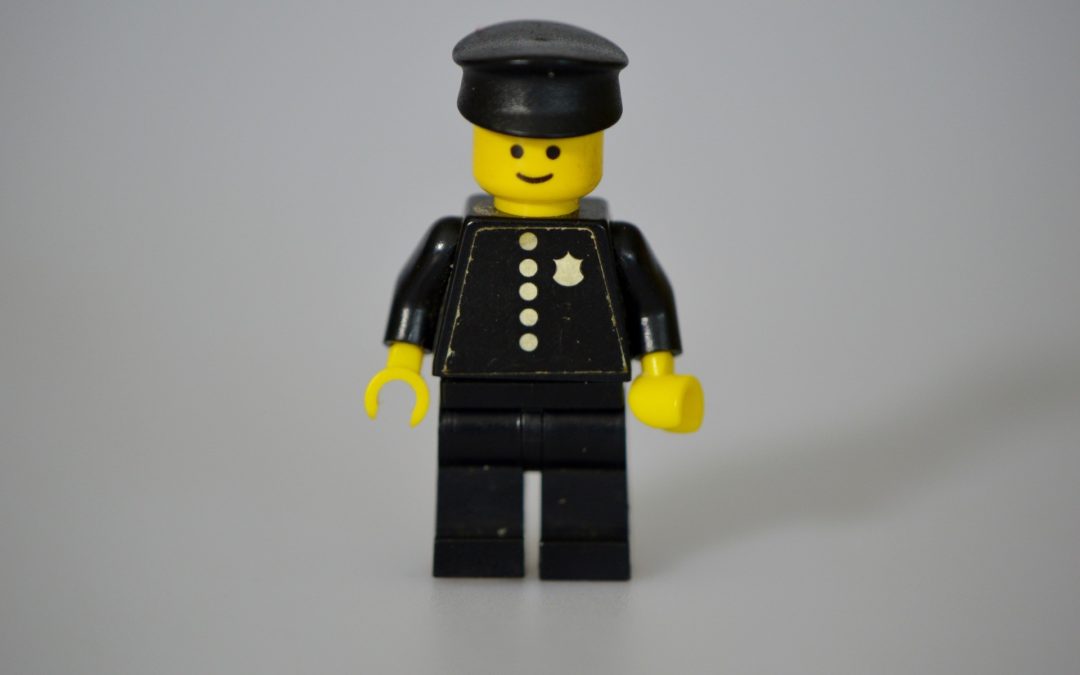A pottering kind of day
My son and I were companionably pottering with a bit of work on our laptops, sitting on couches in the sun in our front room on a Sunday afternoon. My four-year-old grandson was there with his little sister. They were also pottering happily. They moseyed along from this toy to that, clambered on this couch, then that. Each one of us were occupied in our own thoughts, and comfortably connected.
My son – not the son who is not the children’s father, that is my other son – noticed at one point that the four-year-old was sitting quietly alongside him without the usual quick-to-arrive invitation for uncle-style engagement. Of course, Mr 4 had picked up his uncle’s phone and was fiddling away with it.
We don’t usually mind a bit of phone fiddling from the children. They open Spotify, select from their playlists, and that’s generally all.
But on this occasion Uncle Cha’s phone was locked, and Mr 4 who doesn’t know its code, was trying out buttons in hope of getting into it. By the time Uncle Cha noticed this, 000 was dialing.
A non-emergency
All’s well that ends well. My son took his phone, calmly commented, ‘Uh oh, he’s calling the police’, cancelled the call, and then tucked the phone under his laptop.
Mr 4 recognised that the phone wasn’t coming his way again and climbed down to join his sister on the floor.
There was no heightened emotion. The exchanges were all calm and accepting. And then everything continued at the same pace and with the same mood as before.
At least, I thought it did.
I imagine calls initiated by small people must now happen quite frequently on emergency lines. It’s a hefty unintended consequence, I imagine, from trying to get to playlists and the like. These shiny glowing tools glow in the minds-eyes and the actual eyes of little people who are inclined, conditioned through random reinforcement, to hover in the periphery awaiting their moment to seize. We adults need to monitor and manage this vigilantly. Undoubtedly the emergency services now also have systems for managing it too.
So… a call nearly got through from our house on that day. And then Sunday afternoon drifted quietly on.
Around 10 minutes later though, the little boy slid onto my lap, and I looked down onto a pleading little face with welling eyes, looking intensely into mine. I shut my laptop.
“Grand.” (He calls me ‘Grand’. I haven’t discouraged it.)
“Honey, what is it?”
“I’m scared of Uncle Cha’s phone”.
“Are you worried that you nearly called the police?”
Big, serious nods.
My response came with tones that matched his face: “Oh… you feel scared about that. You noticed that it is a serious thing that happened. The adults were serious. It feels scary. You feel worried. You wonder what will happen.” He nodded and nodded and looked and looked.
A safe platform
The very cool thing here is that Mr 4 shared his difficult feelings of anxiety and shame. Moreover, he initiated the share. He couldn’t handle the big secret worries on his own. But when shared, they were relieved. He is learning to process his overwhelming emotions safely in accepting non-judgmental relationships. He is learning to regulate the overwhelm. It is the groundwork by which he will eventually learn to manage emotional overwhelm independently.
Children benefit from us being with them, acceptingly, in their big and difficult emotions. And also, which can be more difficult for us parents and grandparents, in their seemingly random and often chaotic and disruptive ways of responding to those emotions. But when we do steady ourselves to respond with what family therapists Glen Cooper, Bert Powell and Kent Hoffman call ‘firm, no-nonsense kindness’, we show ourselves to our children as a safe platform of protection and help.
As a young mum, I read one of Martin Seligman’s early books, The Optimistic Child. In it I found words that articulated so well the desire I had for my little sons:
“We want more for our children than healthy bodies. We want our children to have lives filled with friendship and love and high deeds. We want them to be eager to learn and be willing to confront challenges. We want our children to be grateful for what they receive from us, but to be proud of their own accomplishments. We want them to grow up with confidence in the future, a love of adventure, a sense of justice, and courage enough to act on that sense of justice. We want them to be resilient in the face of the setbacks and failures that growing up always brings. And when the time comes, we want them to be good parents. Our fondest hope is that the quality of their lives will be better than our own, and our innermost prayer is that our children will have all of our strengths and few of our weaknesses.”
Now, as a ‘grand’ I see the certainty of the hope in these words more simply and powerfully than I did in that cluttered and more fragile time of young motherhood. I see more clearly the wisdom, enablement and healing of connection and joy, of reciprocity and honesty. And of kindness.
It really is grand.
A version of this blog was originally published in The Mercury, in December 2020.

